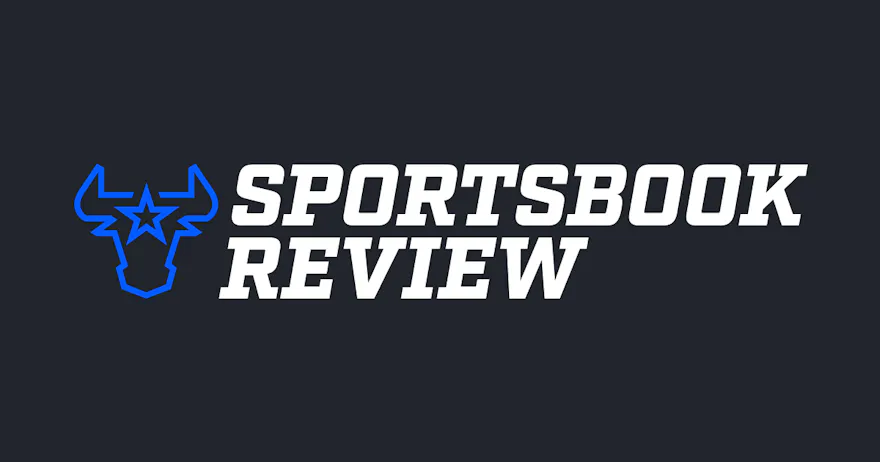US Election Night Paves the Way for Legal Sports Betting in Hopeful States

The 2020 US Election Night provided little clarity with respect to the direction the country is about to go in, but it did pave the way for a number of states to legalize the launch of their own legal sports betting platforms. Sports betting was on the ballot in a host of states, with three voting to start the process legislation – Maryland, Louisiana and South Dakota. Nebraska and Virginia approved casino gaming on their Election Ballot, which paves the way for the state to at least look into the possibility of their own sports betting platform down the road.
The vote doesn't mean that there will be an imminent opening of sportsbooks in their respective states. The referendum process simply gave state legislatures the go ahead to begin the legislative process. This will ultimately shape what each state's legal sports betting industry will look like. With the three new additions to the US legal sports betting family, the nation now has more than half its states welcoming some form of legal sports gambling platform.
Here is a peek at how the three got here and when we can expect to see a launch in those states.
Maryland
"Question 2" was a simple up-or-down vote in the state of Maryland and it easily passed by a healthy 66.3%-33.7% margin when all of the votes were counted. The "Question" was short on specifics relating to the tax rate, whether it would include both retail and mobile, and which providers the state had in mind to launch their platform.
However, there had been some discussion in the House of Delegates earlier this year with Sen. Craig Zucker spearheading the talks. Sports Betting Bill S 4 passed by a margin of 47-0 in the Senate in March with an eye on legalizing retail and online sports betting for six Maryland casinos, three racetracks and FedEx Field in Landover.
Under that Bill, a hefty 20% tax would have legal sports betting contributing up to $20 million annually to state and local coffers. Those funds would go straight to much-needed educational funding to overhaul the state's public-school system with 1% to the Minority Business Enterprise program.
The work done in March makes a 2021 legal sports betting launch in Maryland a reality.
Louisiana
The Louisiana situation has been complicated and continues to be. Despite the vast number of legislators favoring legal sports betting for Louisiana, the state's parishes remain in control of what happens in Louisiana. The same parishes voted 47-17 in favor of fantasy sports coming to the state in 2018 with those 17 no-votes bogging down a process that still hasn't been concluded to this day.
On Election Night, a group supporting legal sports betting for the state, "Louisiana Wins" announced that 55 of the state’s 64 parishes approved sports wagering in another "Yes/No" vote.
Hopes are the increased interest from the DFS question will expedite the process and legislators can begin drafting the sports betting rules for Louisiana once it convenes in April. Tax rates, the potential adoption of retail and mobile betting, and just what the all-around platform would look like will be on the agenda.
It's anybody's guess whether or not legal betting will come to Louisiana in 2021 or it suffers the same bogging-down that the DFS question did. Maybe the estimated $300 million per year in tax revenue will act as a catalyst.
South Dakota
Constitutional Amendment B was on the South Dakota Election Ticket and passed with 59% support with just over 90% of the votes tabulated. As of now, it looks as though retail betting in Deadwood will be the focus for legislators in South Dakota as regulators aim for a summer/2021 launch.
That said, a lot of work is still to be done in South Dakota in the drafting of the rules. Increased talks on the subject could open up the possibility for wagering at the tribal casinos in the state and for online/mobile betting. Most of which isn’t included in the present plans.
Nebraska
In the state of Nebraska, 65% of voters gave the go-ahead for legalized casino gaming at licensed horse racing tracks. As well as the creation of a state regulatory body that could eventually be tasked with expanding gambling in the state going forward.
There was certainly some opposition including Gov. Pete Ricketts, former Gov. Kay Orr, and former Nebraska football coach and U.S. Rep Tom Osborne, but the estimated $400 million in revenue from licensed horse race tracks seemed to have made more noise, along with the estimated 4,600 jobs that are slated to be generated.
Virginia
Virginia voted to allow their first casinos on Tuesday night. Voters gave green light to start the process of opening up casinos in their jurisdictions. This happened in the city of cities of Bristol, which would be home to Hard Rock International; Danville, which would be home to Caesars Entertainment; Norfolk, which would be home to Pamunkey Indian Tribe Casino, and Portsmouth, which would be home to Rush Street Gaming and Richmond and would host Pamunkey Indian Tribe's Casino.
The vote follows Bill HB 4, passed by the Virginia legislature in April and a legalized sports betting bill that finished its public-comment phase in September. Casinos are not expected to open in 2021 but mobile sports betting could launch in 2021.







